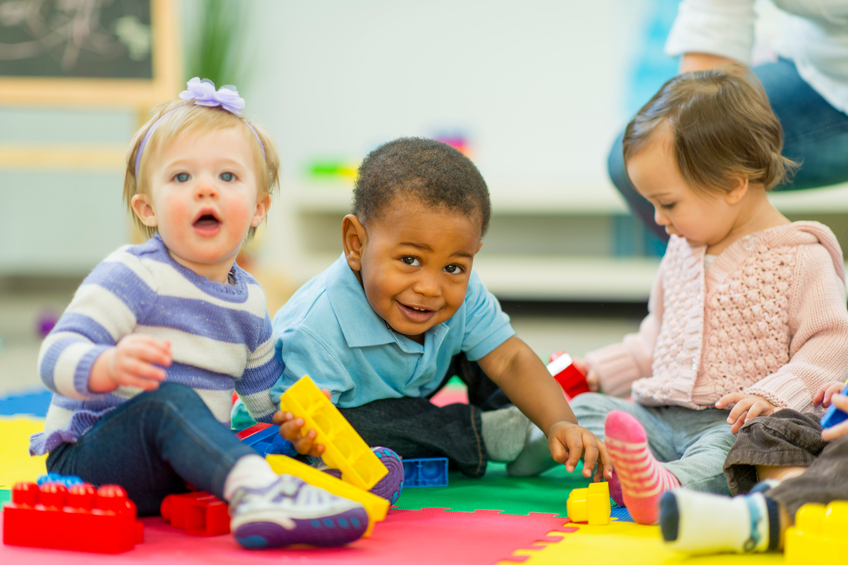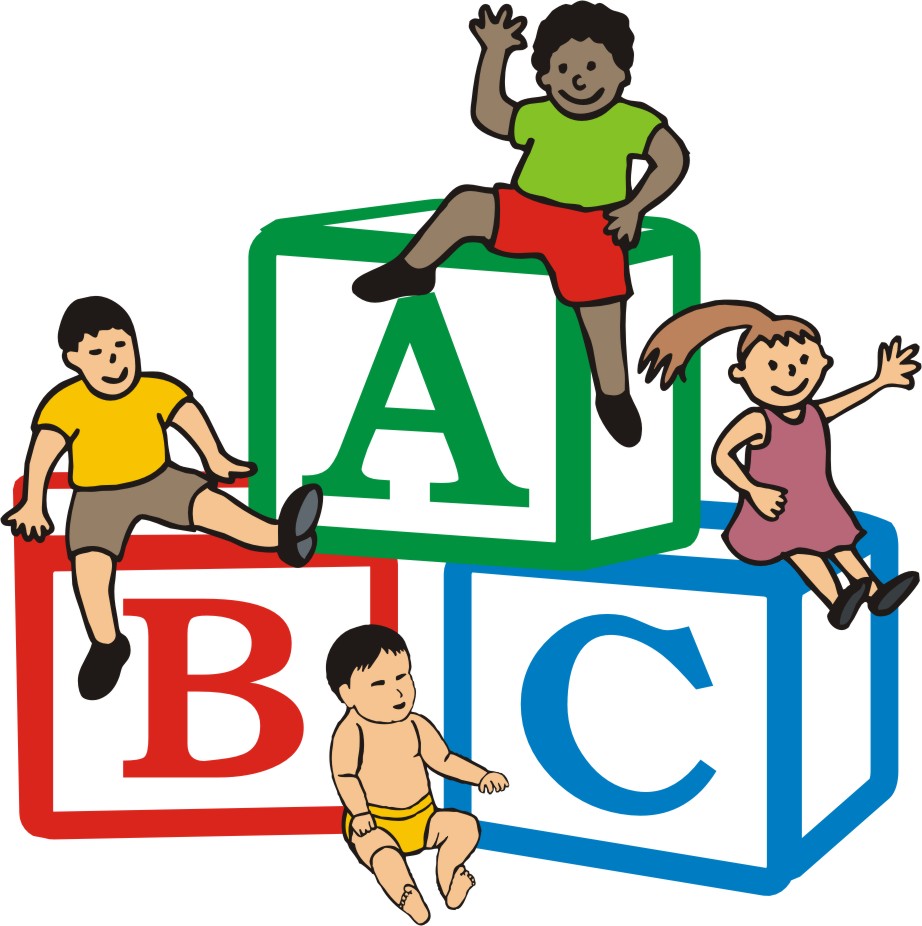Child care isn't just about babysitting—it's about building the foundation for a child's future. In today's fast-paced world, finding the right child care solution can feel like solving a complex puzzle. But don't worry, we've got you covered. Whether you're a first-time parent or a seasoned guardian, this guide will walk you through everything you need to know about child care. From choosing the right provider to understanding the benefits of early childhood education, we’ve got all the answers you’re looking for.
Let’s be honest, navigating the world of child care can be overwhelming. There’s so much information out there, and it’s not always easy to figure out what’s best for your little one. But here’s the deal—child care plays a huge role in shaping your child’s development. It’s not just about keeping them safe; it’s about creating an environment where they can grow, learn, and thrive. And that’s exactly what we’re going to dive into today.
In this article, we’ll break down the ins and outs of child care, from traditional daycare centers to modern at-home options. We’ll also explore the importance of quality care, how to spot a great provider, and why investing in early education is one of the best decisions you can make for your child. So grab a cup of coffee, and let’s get started!
Read also:Liberty University Your Gateway To Academic Excellence And Faithbased Education
Why Child Care Matters More Than You Think
When it comes to child care, it's easy to think of it as just a temporary arrangement while you're at work. But the truth is, child care is so much more than that. It’s a critical part of your child’s development, influencing everything from their social skills to their cognitive growth. According to the National Institute for Early Education Research, kids who attend quality child care programs are more likely to succeed academically and socially in the long run.
Here’s the kicker: early experiences shape the brain. During the first few years of life, a child’s brain develops faster than at any other time. This means that the environment they’re in during this period has a lasting impact. Quality child care provides a nurturing, stimulating setting that supports this crucial growth.
Key Benefits of Quality Child Care
Let’s take a closer look at why quality child care is such a game-changer:
- Social Development: Kids learn how to interact with others, share, and cooperate.
- Cognitive Growth: They’re exposed to activities that boost problem-solving and critical thinking.
- Emotional Well-being: A supportive environment helps them build confidence and self-esteem.
- Preparation for School: Early exposure to structured learning sets them up for future academic success.
So, when you’re choosing a child care provider, remember that you’re not just picking someone to watch your kid—you’re setting the stage for their entire life journey.
Types of Child Care: Which One Fits Your Family?
Not all child care options are created equal. Depending on your lifestyle, budget, and preferences, one type might work better for you than others. Let’s break down the most common types of child care:
Daycare Centers
Daycare centers are a popular choice for many families. They offer a structured environment with trained professionals who provide educational and social activities for kids. Plus, they usually have flexible hours, making them convenient for working parents.
Read also:Why Gen X Is The Silent Powerhouse In Todays World
In-Home Child Care
For those who prefer a more personal touch, in-home child care might be the way to go. This could mean hiring a nanny or au pair to care for your child in your own home. It’s a great option if you want one-on-one attention for your little one.
Cooperative Child Care
Co-ops are like the DIY version of daycare. Parents come together to share the responsibility of caring for each other’s kids. It’s a cost-effective solution that fosters a sense of community among families.
How to Choose the Right Child Care Provider
Finding the perfect child care provider can feel like searching for a needle in a haystack. But with a little research and some key questions, you can make the right choice for your family. Here’s what to look for:
- Experience and qualifications of staff
- Safety measures in place
- Ratio of caregivers to children
- Curriculum and educational approach
- Testimonials and reviews from other parents
Pro tip: Always trust your gut. If something feels off, it probably is. Take the time to visit the facility, meet the staff, and ask as many questions as you need to feel comfortable.
The Importance of Early Childhood Education
Early childhood education isn’t just a fancy term—it’s a vital component of quality child care. Research shows that kids who participate in early education programs are more likely to graduate high school, attend college, and secure stable jobs later in life. It’s all about giving them the tools they need to succeed.
But what exactly does early childhood education look like? Think hands-on activities, interactive learning, and a focus on creativity and exploration. It’s about fostering a love for learning from an early age.
Key Components of Effective Early Education
Here are some of the essential elements to look for in an early education program:
- Play-based learning
- Age-appropriate curriculum
- Emphasis on social-emotional development
- Qualified and passionate educators
Remember, the goal isn’t to push academics too early—it’s to create a well-rounded foundation for lifelong learning.
Understanding the Cost of Child Care
Let’s talk money. Child care can be expensive, and it’s important to understand the costs involved before making a decision. On average, daycare centers can cost anywhere from $500 to $1,500 per month, depending on your location and the type of care you choose.
But don’t panic—there are ways to make it more affordable. Some employers offer child care benefits, and there are government programs that can help offset the cost. Do your homework and explore all your options to find a solution that fits your budget.
Financial Assistance Options
If the cost of child care is a concern, here are a few resources to check out:
- Child Care Aware: Offers information on local child care subsidies
- Employer-sponsored programs: Some companies provide financial assistance for child care
- Tax credits: Look into the Child and Dependent Care Credit to reduce your tax burden
It’s all about finding the right balance between quality and affordability.
Creating a Safe and Nurturing Environment
Safety should always be your top priority when it comes to child care. Whether you’re choosing a daycare center or hiring a nanny, make sure they have the right safety protocols in place. This includes background checks, emergency plans, and proper supervision at all times.
But safety isn’t just about physical protection—it’s also about emotional security. A nurturing environment helps kids feel loved and supported, which is crucial for their development. Look for providers who prioritize kindness, patience, and understanding.
Tips for Ensuring a Safe Child Care Experience
Here are a few things to keep in mind:
- Check for proper certifications and licenses
- Ask about their safety policies and procedures
- Observe how staff interact with the children
Your peace of mind is just as important as your child’s well-being. Don’t hesitate to voice any concerns you may have.
Building Strong Relationships with Child Care Providers
Your child’s caregiver isn’t just a temporary part of their life—they’re a key figure in their development. Building a strong relationship with your child care provider is essential for ensuring a smooth and positive experience.
Communication is key. Make sure you’re keeping the lines of communication open by checking in regularly and sharing any important updates about your child’s needs or behavior. This will help create a partnership that benefits everyone involved.
How to Foster a Positive Partnership
Here are a few tips for building a strong relationship with your child care provider:
- Be open and honest about your expectations
- Show appreciation for their hard work
- Collaborate on strategies for addressing any challenges
Remember, you’re on the same team when it comes to your child’s well-being.
Addressing Common Child Care Concerns
No matter how well-prepared you are, questions and concerns about child care are bound to come up. Here are some of the most common worries parents have and how to address them:
Separation Anxiety
It’s normal for kids (and parents!) to feel anxious about being apart. Ease the transition by creating a consistent drop-off routine and gradually increasing the time they spend away from you.
Behavioral Issues
Every kid acts out from time to time. Work with your child care provider to develop a plan for addressing any behavioral challenges in a positive and constructive way.
Illness and Health Concerns
Make sure you’re clear on the provider’s sick policies and hygiene practices. This will help minimize the risk of illness spreading among the kids.
By staying informed and proactive, you can tackle these concerns head-on and ensure a positive child care experience for your little one.
Conclusion: Empowering Parents for Success
Child care isn’t just about keeping your kids safe—it’s about setting them up for a lifetime of success. By choosing the right provider, understanding the benefits of early education, and fostering strong relationships, you’re giving your child the best possible start in life.
So, take a deep breath and trust the process. You’ve got this! And don’t forget to share this article with other parents who might find it helpful. Together, we can create a brighter future for our children.
Table of Contents
- Why Child Care Matters More Than You Think
- Types of Child Care: Which One Fits Your Family?
- How to Choose the Right Child Care Provider
- The Importance of Early Childhood Education
- Understanding the Cost of Child Care
- Creating a Safe and Nurturing Environment
- Building Strong Relationships with Child Care Providers
- Addressing Common Child Care Concerns
- Conclusion: Empowering Parents for Success


